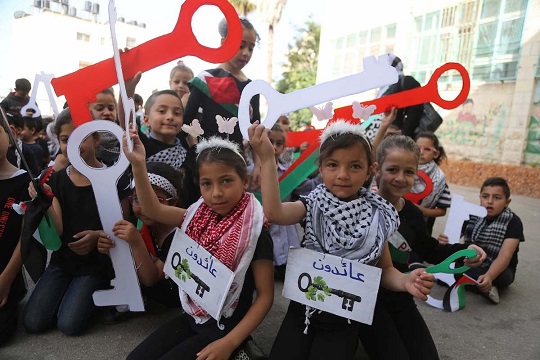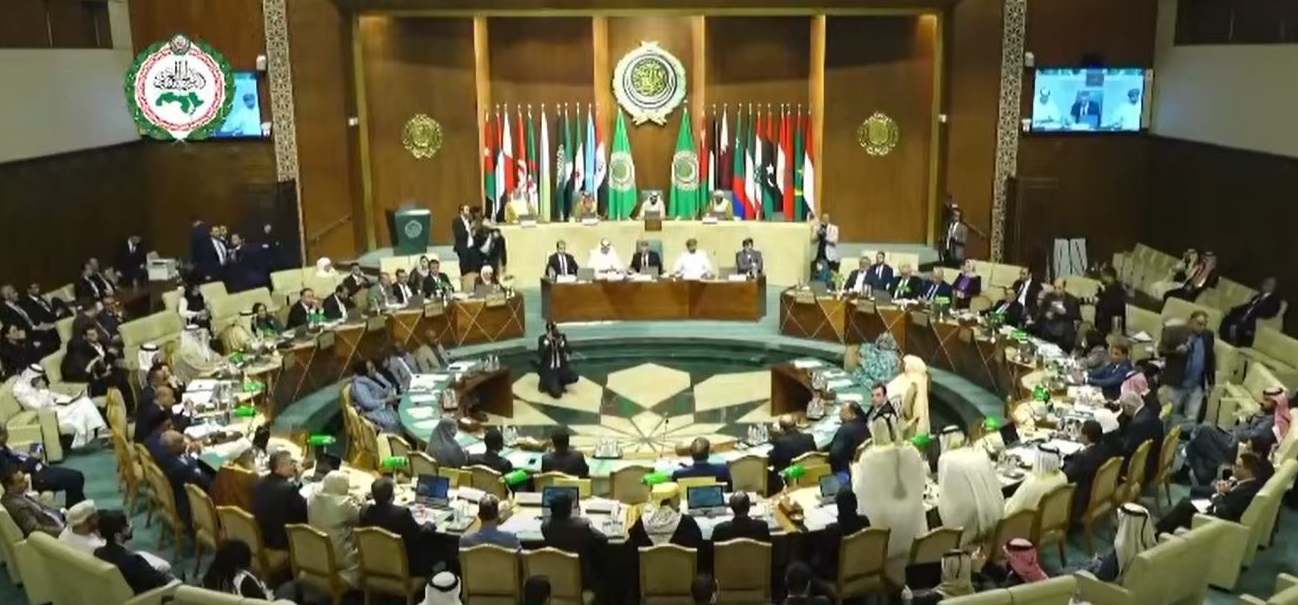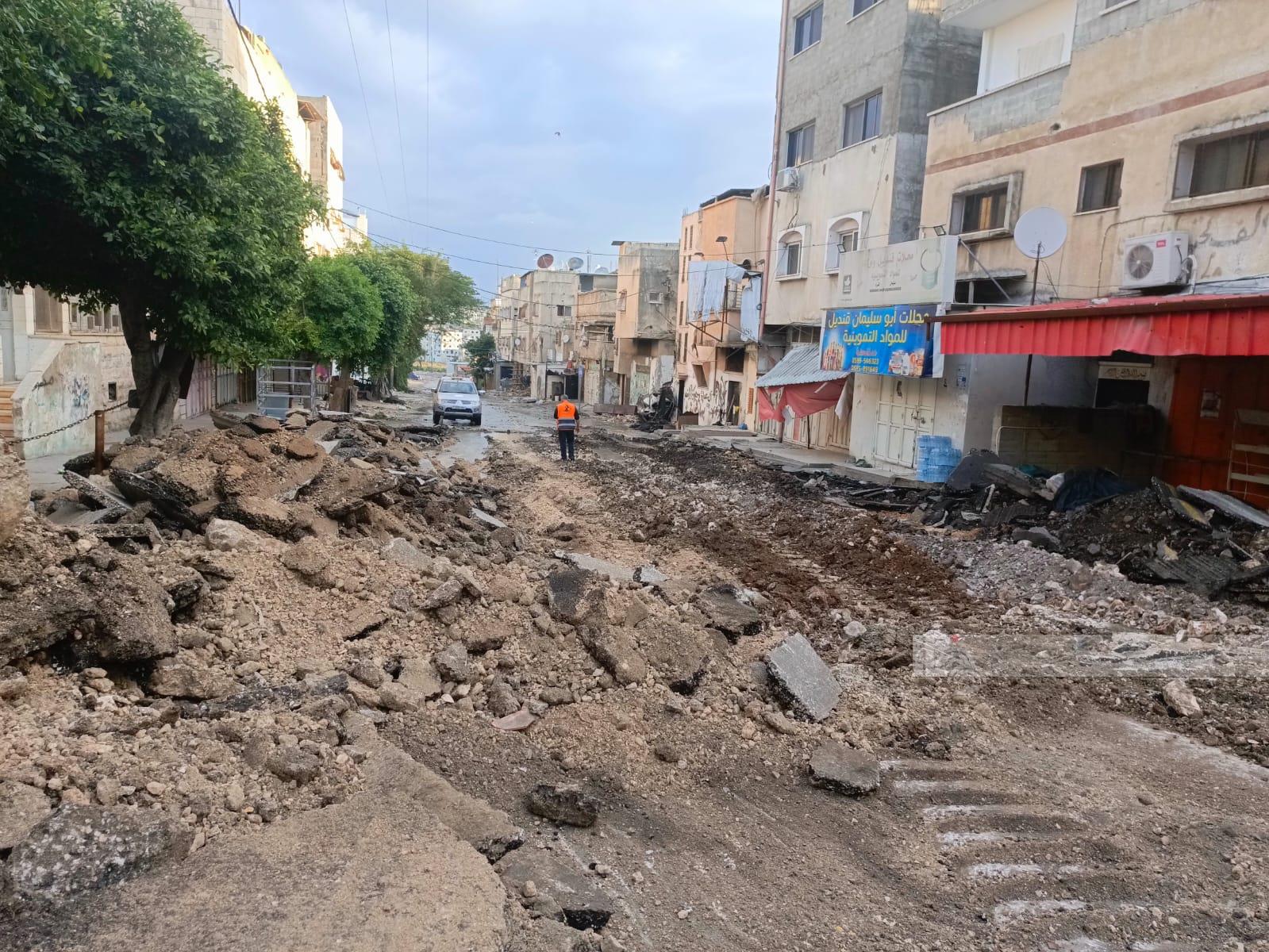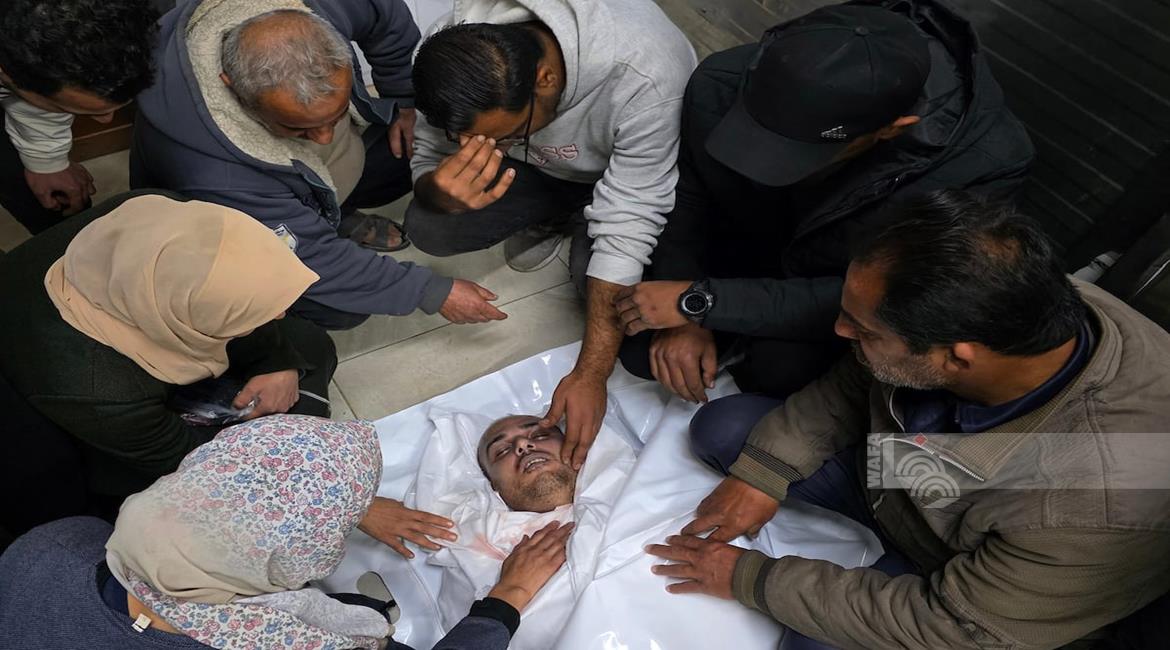GENEVA, Thursday, June 22, 2023 (WAFA) – Observing World Refugee Day, UN experts said that the right of return for Palestinian refugees must be prioritized over political considerations.
“The world cannot overlook the enduring legacies of colonialism and racism that persist in the treatment of refugees, internally displaced persons and migrants, particularly in the countries of the Global North,” said the UN experts in a statement on the occasion of World Refugee Day.
“As we observed World Refugee Day and honor the 75th anniversary of the Universal Declaration of Human Rights this year, it is imperative to recognize the enduring challenges that continue to impact the treatment of forcibly displaced persons. Within this context, it is particularly important to address the role of countries in the Global North, as the shade of racism, supremacism, patriarchy and the historical legacy of colonial endeavors still heavily influences the approach toward situations of forcibly displaced persons,” they said.
“This reality is all too familiar for the Palestinian people, 75 years since the Nakba - the event that shattered Palestinian lives and severed their ancestral connection to their land during the establishment of the State of Israel. Since then, they have endured forced displacement, dispossession, and disenfranchisement, with their rights to self-determination, restitution, and compensation repeatedly denied. For 75 years, their cry for justice, embodied in the demand for the right to return, has resounded with unwavering determination,” said the UN experts.
“For Palestinians, forced displacement has become part of their life for generations, tracing back to 1947-1949 when over 750,000 Palestinians were forced to flee massacres and mass expulsions and forcible transfers during the birth of the State of Israel. The majority, along with their descendants, are still in neighboring Jordan, Lebanon, Syria, while 40 percent of them remain under occupation in the Gaza Strip and the West Bank, including East Jerusalem, since 1967. Progressively, Palestinian exile has scattered them across various nations globally.
“Since 1948, both the General Assembly and the Security Council have consistently called upon Israel to facilitate the return of Palestinian refugees and provide reparations.
“Despite these repeated appeals, Palestinian refugees have been systematically denied of their right to return and forced to live in exile under precarious and vulnerable conditions outside the borders of Palestine. The right of return constitutes a fundamental pillar of the Palestinian people's right to self-determination. The fragmentation of the Palestinian people, both geographically and politically, through administrative methods of control based on residency and race, tantamount to apartheid, has obstructed the realization of the right to return and self-determination. These practices serve the settler-colonial project pursued by Israel,” said the experts in their statement.
They called upon the international community “to adopt a rights-based approach that addresses the root causes of violence and prioritizes the individual and collective right of return for refugees and internally displaced persons, over political considerations. As the largest and most protracted displaced population since World War II, the Palestinian experience should serve as a poignant reminder to the international community of the suffering and vulnerability endured by refugees and internally displaced persons, urging immediate action to recognize and uphold their rights.”
The UN experts included: Francesca Albanese, Special Rapporteur on the situation of human rights in the Palestinian Territory occupied since 1967; Paula Gaviria Betancur, Special Rapporteur on the human rights of internally displaced persons; Ashwini K.P., Special Rapporteur on contemporary forms of racism, racial discrimination, xenophobia and related intolerance; Obiora C. Okafor, Independent Expert on human rights and international solidarity; Michael Fakhri, Special Rapporteur on the right to food; Felipe González Morales, Special Rapporteur on the human rights of migrants; Pedro Arrojo Agudo, Special Rapporteur on the human rights to safe drinking water and sanitation; Dorothy Estrada Tanck (Chair), Ivana Radačić (Vice-Chair), Elizabeth Broderick, Meskerem Geset Techane and Melissa Upreti, Working Group on discrimination against women and girls.
M.K.














